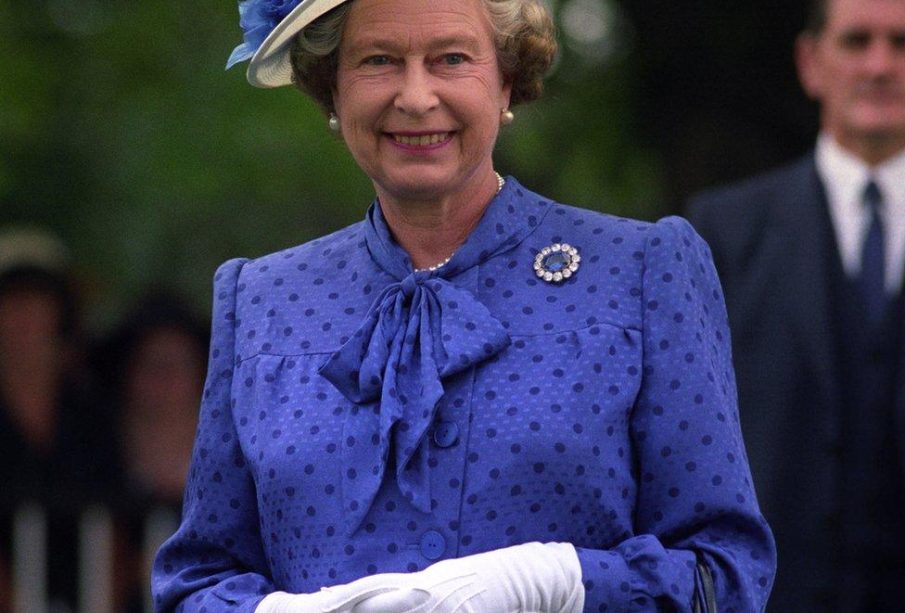The Legacy of Queen Elizabeth II: A Historical Perspective

Introduction
Queen Elizabeth II, who reigned from 1952 until her passing in September 2022, was one of the most significant and longest-serving monarchs in British history. Her impact went beyond the UK, resonating throughout the Commonwealth and influencing global affairs. Understanding her legacy is crucial not only to comprehend the evolution of the British monarchy but also to appreciate the broader socio-political landscapes of the 20th and 21st centuries.
A Historical Overview
Upon ascending the throne at the age of 25, amidst a post-war Britain, Queen Elizabeth II became a symbol of continuity and stability for the country. Her reign saw significant transformations including decolonization in Africa and the Caribbean, the Cold War, and various changes within the British government itself. under her rule, the monarchy faced both challenges and revitalizations, maintaining relevance in a rapidly advancing world.
The Queen’s commitment to duty and her sessions with 15 different Prime Ministers, including Winston Churchill and more recently, Liz Truss, showcased her adaptability in a changing political landscape. One of her most notable moments was the 1992 annus horribilis, during which she faced public scrutiny over the marriages of her children. Nevertheless, she managed to reposition the monarchy through modernization efforts, including public engagements and televised broadcasts.
Public Perception and Cultural Influence
Queen Elizabeth II embodied a form of British identity and tradition while navigating the challenges posed by modernity. Her ability to connect with the public, illustrated through initiatives like annual Christmas broadcasts and the popular ‘Royal Family’ documentaries, contributed to a more relatable image of the monarchy. Furthermore, her diplomatic skills were vital in fostering international relations, evidenced by her numerous state visits and meetings with foreign officials.
The Queen’s Passing and Ongoing Legacy
Following her death, tributes poured in from world leaders and citizens alike, illustrating her impact on numerous facets of life across different countries. Her passing marked the end of an era, prompting discussions about the future of the monarchy under King Charles III. As the world reflects on Queen Elizabeth II’s contributions, her legacy as a steadfast leader during turbulent times will undoubtedly shape historical narratives for generations.
Conclusion
In summary, Queen Elizabeth II’s reign encapsulated significant historical events and cultural shifts both in the UK and internationally. Her legacy continues to prompt reflections on the roles and relevance of monarchies in modern governance. As the lineage continues under her successors, the principles she upheld will shape royal responsibilities and public expectations moving forward. The enduring respect and affection she garnered throughout her life illuminate the profound impact one individual can have on both national identity and global interconnectedness.









